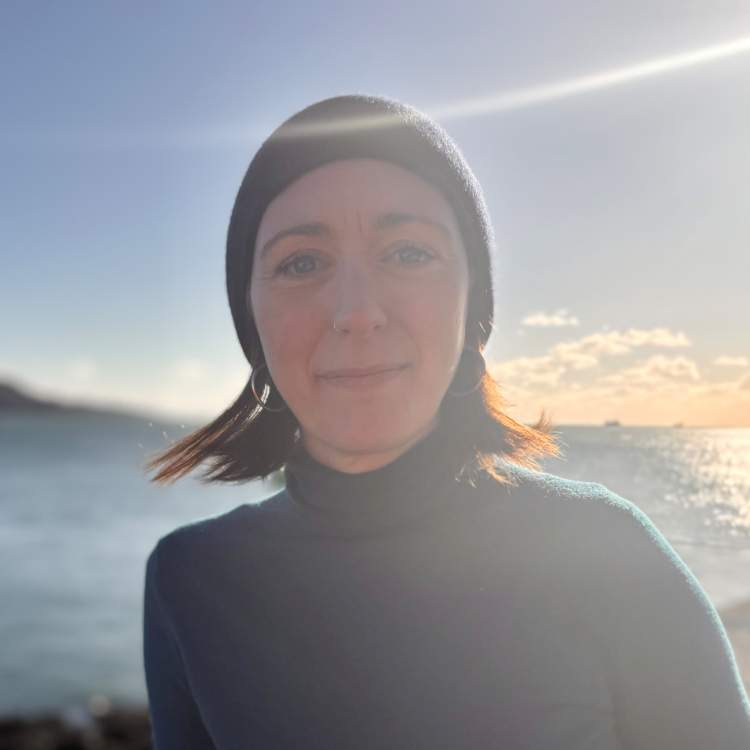Science Topic
Water-related diseases
Water-related diseases affect millions of people each year worldwide. PML is monitoring the movement and spread of disease pathogens to support adaptation and reduce risks for human and ecosystem health under climate change.
With of focus on the Vibrio bacteria that cause the disease cholera, PML is taking an interdisciplinary approach to monitor the movement and spread of disease pathogens, reservoirs and vectors to understand what is driving the transmissions of pathogens in the aquatic environment.
In the environment, Vibrio bacteria flourish under warm temperatures, moderate salinity and turbidity. The bacteria are found as free-floating forms or attached to living (plankton) and non-living (sediment) hosts, and can be transported through long-distance oceanic corridors by currents, as well as in ballast-waters from ship. To date, despite important efforts in surveillance of cholera epidemics, the major environmental reservoirs of Vibrio bacteria, their connectivity and oceanic transmission routes, their link with climate events, and the associated impact on human health remain largely unknown.
By bringing together genomics, bioinformatics, remote sensing, ecosystem and climate modelling, and artificial intelligence techniques we can to assess the links with climate and extreme weather events, to advance capability to forecast outbreaks.
Cholera-disease risk information is critical to bringing rapid humanitarian response forward to reduce the spread of an epidemic before it peaks, and help people cope and recover better and faster. In the last decade, 82 countries reported cholera cases worldwide. Yet, only 11% of these countries integrated disease-risk warnings under their adaptation measures for the Paris Agreement and other climate change strategies.




































